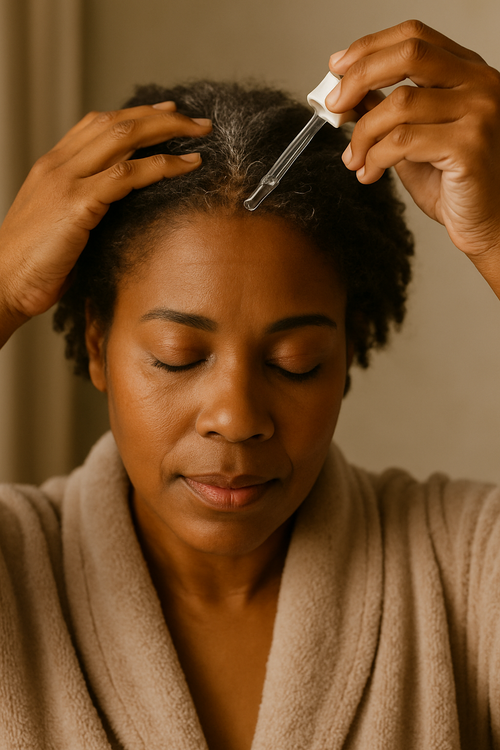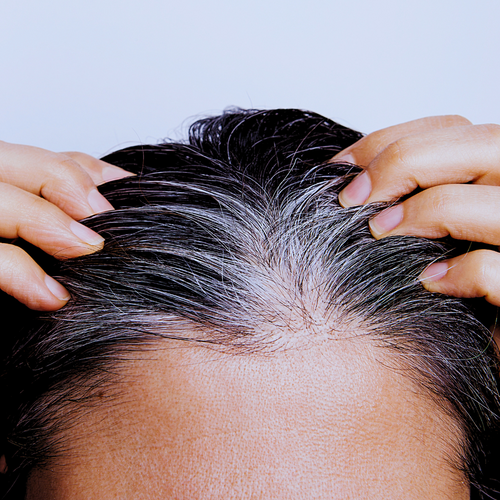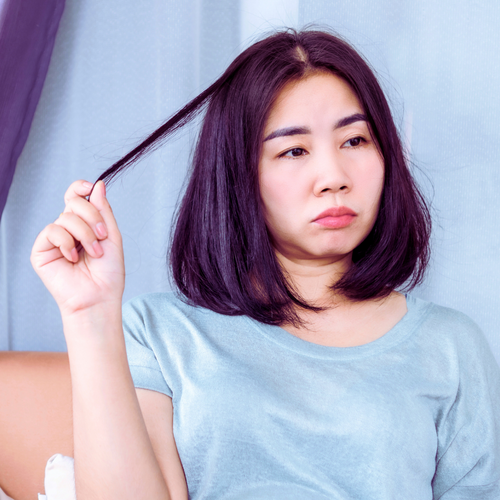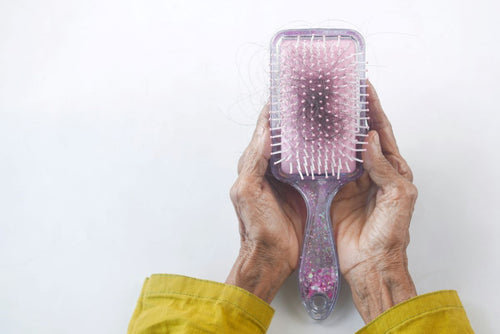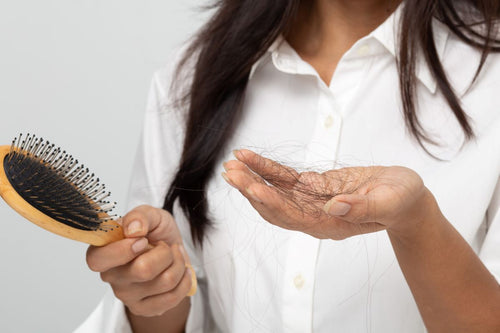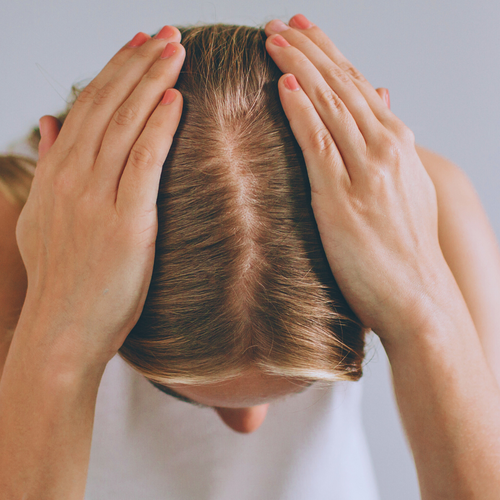In the fast-paced world we live in today, stress has become an unavoidable part of our lives. From work pressures to personal challenges, stress can take a toll on our overall well-being, and surprisingly, even on our hair health. If you've noticed a sudden increase in hair shedding or thinning, stress-related hair loss might be the culprit.
In this comprehensive guide, we'll delve into the science behind how stress contributes to hair loss and provide actionable strategies to help you combat this issue and regain your luscious locks. Let's explore how to effectively "stop stress-related hair loss."
Understanding the Connection: Stress and Hair Loss
When it comes to hair health, our body's response to stress plays a significant role. During periods of high stress, our bodies release a hormone called cortisol, commonly referred to as the "stress hormone."
Elevated cortisol levels can disrupt the normal hair growth cycle, leading to hair loss. The hair growth cycle consists of three phases: the anagen (growth) phase, the catagen (transition) phase, and the telogen (resting) phase. High levels of stress can push more hair follicles into the telogen phase, resulting in increased shedding and eventual thinning of the hair.
Additionally, stress can also cause blood vessels to constrict, reducing blood flow to the scalp. This reduced circulation deprives hair follicles of essential nutrients and oxygen, further weakening them and contributing to hair loss. Additionally, stress can trigger inflammation, which has been linked to various hair loss conditions, including alopecia areata.
Strategies to Stop Stress-Related Hair Loss
Practice Stress Management Techniques:
Incorporate mindfulness meditation, deep breathing exercises, and progressive muscle relaxation into your daily routine to lower cortisol levels and promote relaxation.
Engage in activities you enjoy, such as yoga, painting, reading, or spending time in nature, to alleviate stress and redirect your focus. A bedtime tea ritual is a great way to practice self-care and nightly stress management.
Regular Physical Activity:
Exercise has been proven to reduce stress and improve overall well-being. Aim for at least 30 minutes of moderate-intensity exercise, like brisk walking or jogging, most days of the week.
Balanced Diet for Hair Health:
Consume a diet rich in vitamins, minerals, and proteins essential for hair growth. Incorporate foods like lean proteins, leafy greens, nuts, and seeds into your meals. Consider a scalp serum with adaptogens to help your body manage stress.
Adequate Sleep:
Prioritize getting 7-9 hours of quality sleep each night. Sleep is crucial for the body's repair processes, including hair follicle rejuvenation.
Hydration:
Drink plenty of water to maintain proper hydration. Dehydration can stress the body and negatively impact hair health.
Limit Caffeine and Alcohol Intake:
Excessive caffeine and alcohol consumption can contribute to stress. Reduce your intake and opt more for water.
Establish a Routine:
Creating a structured daily routine can provide a sense of control and reduce stress. Include time for relaxation, self-care, and adequate breaks.
Social Support:
Connect with friends, family, or support groups. Sharing your feelings and experiences can alleviate emotional stress and promote a sense of belonging.
Professional Help:
If stress becomes overwhelming, consider seeking help from a therapist or counselor. Cognitive-behavioral therapy (CBT) and other therapeutic approaches can help manage stress effectively.
Summary
Stress-related hair loss is a common concern that can affect anyone dealing with high levels of stress. However, armed with knowledge and effective strategies, you can take control of your hair health and combat stress-related hair loss.
By implementing stress management techniques, adopting a healthy lifestyle, using a supplement with adaptogens, and seeking professional support when needed, you can reduce cortisol levels, improve blood circulation to the scalp, and promote a healthier hair growth cycle. Remember, it's not just about stopping stress-related hair loss; it's about embracing holistic well-being for both your mind and your hair.



